About Mental Health Center Billings
Mental Health Center Billings offers a wide range of services for those struggling with mental health issues. Their dual diagnosis program is designed to help those who are struggling with both mental health and substance abuse issues. They also have programs specifically for adults, elders, men, women, and young adults. In addition to their inpatient and outpatient rehab programs, they also offer aftercare support and sober living homes. Their therapy services include cognitive behavioral therapy, dialectical behavior therapy, experiential therapy, family therapy, group therapy, individual therapy, and trauma therapy.
Addiction Treatment Programs
Dual Diagnosis
A dual diagnosis is when you have a mental health diagnosis along with a substance use disorder. Getting integrated rehab in Montana is essential to long-term recovery. In addition to typical detox, inpatient treatment, and outpatient care, a dual diagnosis program may include medication management, additional counseling, and classes on healthy coping and other important life skills.
Adult Program
Adulting can be hard. When you choose an adult program in Montana, you get the support you need to overcome addiction and build a successful life. In addition to typical detox, inpatient treatment, and outpatient care, an adult program may also teach clients about building a career, saving for retirement, parenting, and more.
Senior Rehab
Older clients may find it more comfortable to choose a senior rehab in Montana. A specialized rehab for seniors can provide help for the specific challenges of aging. This may include counseling, help with pain management, skills for overcoming loneliness, and more.
Men's Rehab
Men need unique support, and a men’s rehab in Montana can help them manage gender-specific concerns while overcoming addiction. In addition to typical detox, inpatient treatment, and outpatient care, a men’s program may also teach clients about having healthy relationships, fatherhood, building a career, and more.
Women's Rehab
When people join a women’s rehab in Montana, they are able to tackle gender-specific issues while receiving treatment. In addition to typical detox, inpatient treatment, and outpatient care, a women’s program may also teach clients about motherhood, building a career, being safe in relationships, and more.
Young Adult Rehab
Choosing a young adult rehab in Montana can be a great way to learn new life skills while also addressing substance use. In addition to typical detox, inpatient treatment, and outpatient care, a young adult program may also teach clients about living independently, budgeting, having healthy relationships, parenting, and more.
Levels of Care
- 1
Inpatient Rehab
During inpatient treatment in Montana, each client lives at the facility and is able to focus entirely on recovery. In inpatient care, you learn the roots of substance use, get a better understanding of the long-term impact of addiction, and learn how to use healthy coping skills and a strong support network to achieve recovery.
- 2
Outpatient Rehab
Outpatient treatment in Montana allows clients to live at home or in a sober living facility while attending treatment. Outpatient treatment is less intensive than inpatient care and may include both counseling and attendance at a 12-step or other recovery support group.
- 3
Aftercare Support
Aftercare in Montana helps clients maintain long-term recovery by providing essential support after treatment ends. Aftercare services help provide stability as you establish your new life and may include help with employment, housing, sober activities, making friends, and finding long-term support.
- 4
Sober Living Homes
Sober living in Montana gives you a place to live that provides encouragement, support, and accountability. Sober living helps provide stability as you establish your new life. You’ll be able to find a job, make new friends, fill your calendar with sober activities, and create a life you love.
Therapies
Cognitive Behavior Therapy
In Montana, cognitive behavioral therapy (CBT) is widely used in addiction treatment. Your underlying core beliefs can cause you to automatically react in certain ways. CBT helps you identify these immediate responses, challenge them, and choose a healthier response.
Dialectical Behavior Therapy
In Montana, dialectical behavioral therapy (DBT) is widely used in addiction treatment. You probably have unhelpful thoughts and behaviors that you have inadvertently practiced for years. DBT helps you identify these behaviors and choose a healthier response.
Experiential Therapy
Experiential therapy in Montana gives you tools to process your emotions, helping you improve and change your life. Experiential therapy can help you face your emotions and learn skills that give you a healthier way to manage stress and handle substance use triggers in day-to-day life.
Family Therapy
Family therapy in Montana helps clients overcome substance use by addressing the family conflicts and dysfunction that may contribute to addiction. Family therapy is a normal part of evidence-based treatment programs and may be a part of inpatient treatment, outpatient care, or both. Topics include addressing past events, overcoming codependence and enablement, and building healthy, supportive relationships with each other.
Group Therapy
Group therapy in Montana helps clients overcome substance use by providing accountability and support. Group therapy can be part of detox, inpatient treatment, and outpatient care. It’s generally combined with individual counseling, activities, life-skills classes, and relapse prevention planning.
Individual Therapy
Attending individual therapy in Montana is a way to work through your past and develop healthy coping skills, helping you establish long-term recovery. A professional therapist can help you identify substance use triggers, reshape your thinking about specific topics, and address prior experiences and trauma that impact your substance use habits.
Trauma Therapy
Many people struggling with addiction in Montana are dealing with unprocessed trauma. Trauma-informed therapy can help you address what happened and develop healthier coping strategies. Trauma-informed therapy is one element of rehab treatment, which also includes activities, peer support, individual and group counseling, relapse prevention, and more. Together, all these methods support you in establishing long-term recovery.
Location
Contact Mental Health Center Billings
Top Drug Rehab Centers in Montana
-
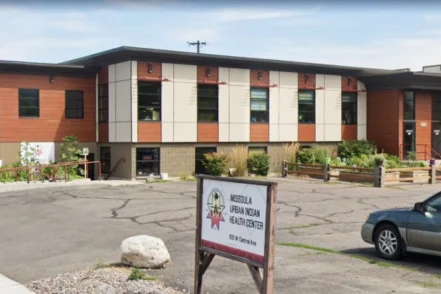 Montana
MontanaAll Nations Health Center
830 West Central Avenue Missoula, Montana 59801
-
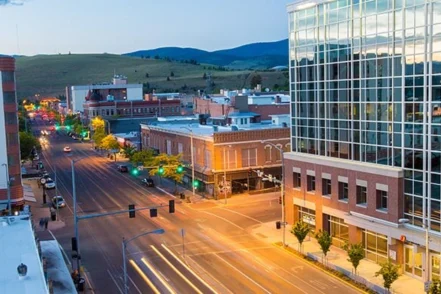 Montana
MontanaWinds of Change
1120 Cedar Street Missoula, Montana 59808
-
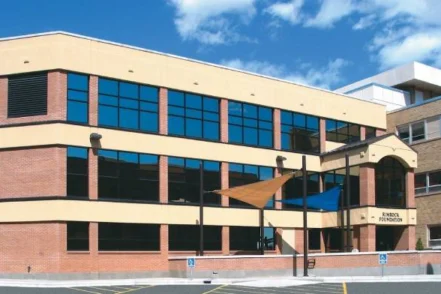 Montana
MontanaRimrock Foundation
1231 North 29Th Street Billings, Montana 59101
-
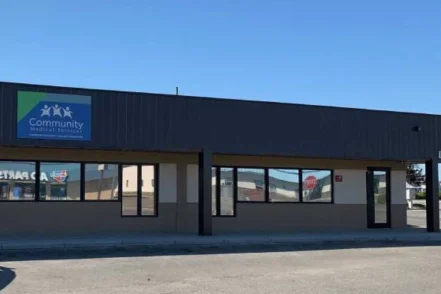 Montana
MontanaCommunity Medical Services Billings
2040 Rosebud Drive, Suite 7 Billings, Montana 59102
-
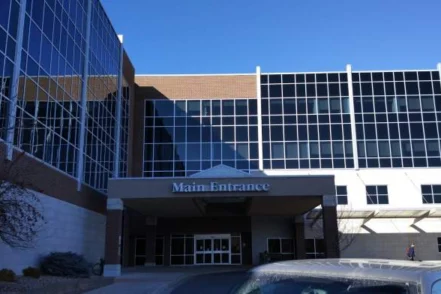 Montana
MontanaSt Peters Hospital
2475 East Broadway Street Helena, Montana 59601
-
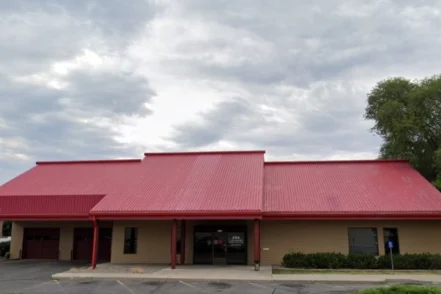 Montana
MontanaCommunity Medical Services Missoula
2415 South Catlin Street, Suite 4 Missoula, Montana 59801
-
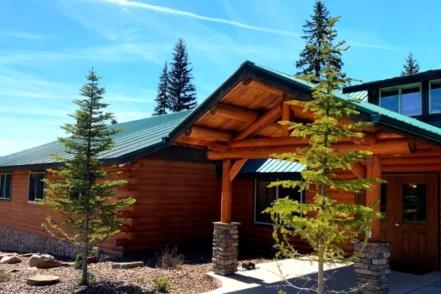 Montana
MontanaBehavioral Health Turning Winds
31733 South Fork Yaak Rd Troy, Montana 59935
-
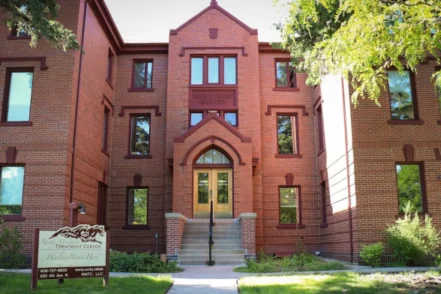 Montana
MontanaRocky Mountain Treatment
920 4Th Avenue North Great Falls, Montana 59401
-
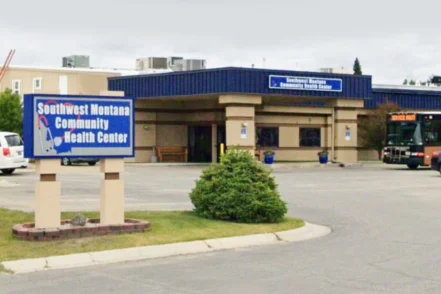 Montana
MontanaSouthwest Montana Community Health Center Butte
445 Centennial Avenue Butte, Montana 59701